Mulan: Love Across Cultures
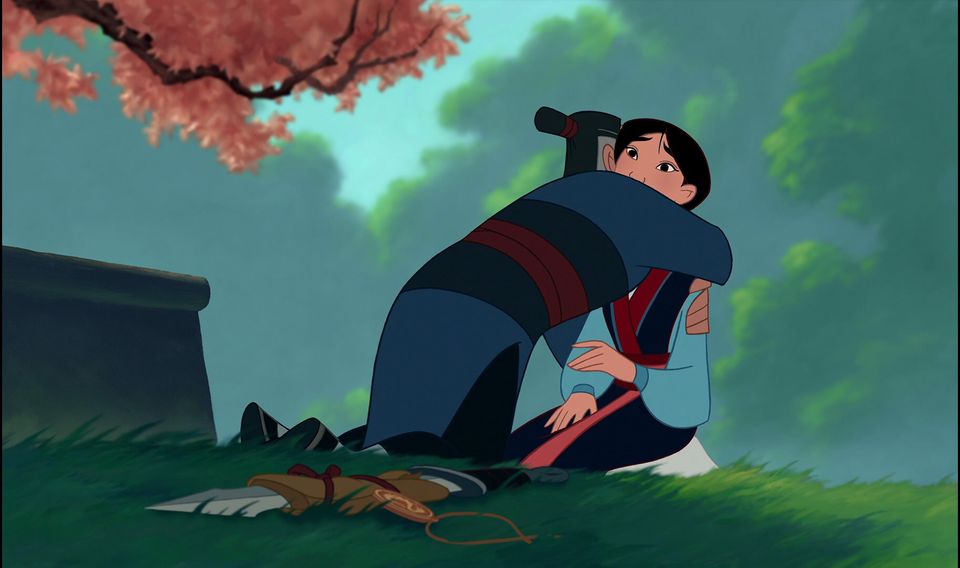
Love, Cultural "Others", and the Opportunity of Difference
I don’t remember particularly liking Mulan (1998) when it was released. There were catchy tunes—nobody really forgets these—and iconic characters like Mushu that everyone enjoyed. But these only bolstered the movie’s entertainment value against its story content. Some twenty years later, my thoughts have changed. The movie is rich, and it tells a tale that deftly navigates between the two worlds of ancient China and the contemporary West. It guides us on how we might live well in our globalized world.
My reassessment has been spurred by two factors. First, renewed attention on the film following the release of the live-action Mulan prompted me to consider how Disney might amend the original storyline. Remakes encourage a reassessment of what is gained and lost.
Second, but perhaps more importantly, my kids have become big fans of Mulan. In addition to the movie, they love the beautifully illustrated storybook edition we found at a used book store, and it’s now a bedtime routine staple. When we read and watch the story, I am showered with questions. What is honour? Why doesn’t the army have girls? The curiosity of my children encourages me to pay attention to the world between these pages and on the screen. Life is increasingly multicultural—my Taiwanese-Caucasian-Colombian-Canadian children attest to this—and I want to help my children understand what this means in the world.
As the movie opens with artistic brushstrokes outlining the Chinese mountainscape, we know we are entering a different world. We are invited into another time, space, and culture. Importantly, it is not a caricature. Throughout the movie, we come to appreciate some of the values of this traditional culture, virtues that are still upheld widely across the world even if they are not our own. While the notion of honour is not prominent in Western societies, we come to see its importance, and even respectability, in a character like Mulan’s father, Fa Zhou. When the conscription notice is issued, he is both ready and willing. The music is magnanimous. He hands his cane to his wife and walks forward erect, limping but showing no sign of weakness in his upright gaze. The others open a path for him dutifully. This is no light matter, and both Mulan and her mother’s reactions underscore its gravity. But Fa Zhou is a man of honour. He is ready to serve the emperor.
This portrayal of traditional culture is moving. It’s hard to imagine a similar scene in contemporary society. But the power of the film is precisely in how it makes a seemingly alien idea understandable and even desirable. Even if we disapprove of his rebuke to Mulan for interjecting on his behalf, we understand that there is a social context that makes this natural. The world of Mulan is one in which duties and social roles are prominent, and harmony consists of everyone playing their part.
Yet we are not invited into this culture with naivete. Enter Chi Fu, an imperial advisor. Apart from being an impish character whose tent we love to see explode or slippers chewed up by a panda, he serves as the perfect vehicle to highlight the cultural practices we abhor. Rather than criticize the culture wholesale, we can pour our disdain on him. Fa Zhou turns away from Mulan when she disrespects him, and this is regrettable. But when Chi Fu demands silence and looks down haughtily because she has spoken in a man’s presence, we are disgusted. His attitude is expounded throughout the story. Chi Fu calls Mulan a treacherous snake and he insists on the death penalty when her identity is revealed. Even after she vanquishes the terrifying leader of the Hun army, Shan Yu, Chi Fu says, “She’s a woman. She’ll never be worth anything.” At this point, even the Chinese captain Li Shang is infuriated.
While we are encouraged to direct our disapproval at Chi Fu instead of traditional Chinese culture, a strategy that no doubt works best for children, we know that he is this way because the culture has shaped him. The low view of women is unsettling, and the social roles can be stifling.
This is where the North American cultural twist becomes prominent. In the movie’s iconic song Reflection, Mulan pours out her heart as she struggles to understand who she is. She doesn’t fulfill her social role as expected. Something inside stirs. We want to know the inner person. She wipes away her makeup, and we know the proverbial mask will be removed. The song draws us into her grief. It is perhaps even more suitable that it's divinely performed by Lea Salonga, who herself was a pioneer in the bridging of cultures as a Filipina-born actress who was the first Asian to ever win a Tony award. The encounter between two cultures begins.
These are themes we are familiar with in the West. Be true to yourself. Don’t let the world tell you how to live. Our impulse to encourage her journey of self-discovery is reinforced by our aversion to characters like Chi Fu and the Matchmaker, whose ministrations and demands for conformity are hostile. But this too is not an unfettered endorsement of a culture’s outlook, in this case, the West’s commitment to self-expression. Mulan does not express herself for the sake of expressing herself or to discover her true self.
What makes Mulan an outstanding heroine is who she is apart from her interest in her own identity. Whether to scale poles or defeat an entire Hun army, she has serious brains. There is no lack of courage in her confrontation with the terrifying Shan Yu, both in the mountains and in the palace. Even when she is outed as a woman in the Chinese army, her sense of responsibility drives her to seek out Li Shang despite his earlier rejection. Most outstandingly, she risks her life to save her father. Unlike her Disney predecessor Ariel, who chases humanity purely to fulfill her own dreams, Mulan puts what is good ahead of her pursuit of simply what she wants.
In the intersection between her desire for identity and the outworking of her character in her social roles, we experience the fusion of two cultures. While Mulan rejects certain cultural norms, she does so in a way that upholds her social bonds. She is completely embedded within her world, and her challenge is as one who knows from the inside. Mulan understands the notion of shame just as she recognizes the importance of honouring ancestors. From within her context, we see that her quest for identity need not exclude the attachments and responsibilities she has to her family. In fact, she discovers herself through her relationships.
The narrative in much of contemporary global culture holds up the necessity of autonomy and freedom. These are the expected means through which we are to discover ourselves. Mulan reminds us that this is a simplistic account of human nature, and it fails to appreciate that we are social creatures. She does not embark upon a spiritual retreat to discover herself. Her growing knowledge of herself is a side effect of the demands placed on her by circumstance and the people she engages around her. Not only do relationships not hinder our self-expression, they actually enable and even enrich individual identity. Relationships both form and reveal who we are within them.
When Mulan returns from embarrassing herself in front of the Matchmaker, she is forlorn and disappointed, but in a tender moment, her father joins her in the garden. He assures her that the late-blooming flower will be the most beautiful of all, and Mulan smiles in recognition of her father’s care. When he is then called to go off to war, Mulan makes a decision to go in his stead, not because she is seeking her true self but because care for her father compels her. Identity is in the background, not the fore. While she does wonder in retrospect if her entire adventure has really been an exercise in self-discovery, the narrative weight is behind her relationship with her father.
Mushu recognizes this as well. He very well may be our more prototypical individualist who seeks his own place among the ancestral guardians. In his heart-to-heart with Mulan, he reveals that while he has sought only his own glory, she has gone on a journey because of the ones she loves. And as the Huns pop through the snow like daisies, she is ready to go to the Imperial City despite being branded a deceiver and an outcast. Again, this is not primarily about self-discovery. It is about the interplay of love and responsibility to the people around her.
Despite this decentring of individual identity, the movie also refuses to denigrate the process of understanding the true identities hidden in our hearts. While the individual and her desires may be marginalized in the strict social structures of many traditional societies, Mulan highlights the importance of a personal journey. She is not like the other young women, and the façade is one she will not and cannot continue to maintain. Her non-conformity is genuine and good, and it bears no resemblance to the popular culture’s ironically conformist call to be unique. Mulan does not fit the mould, and it is to the world’s benefit that she sets out on a different path.
The beauty of the movie lies in this fusion of upholding individuality while embracing our social contexts. This is the struggle many second-generation immigrants feel. We are cultural brokers for our parents but also for ourselves. We are caught between two worlds, and we respect the old but see much that is beautiful in the new. To use the thoughtful framework set out by cultural psychologists Hazel Markus and Alana Conner, our souls are drawn to both independence and interdependence. Mulan enables us to see the best of both worlds without being dismissive of either culture. Identity is not wholly individual, and the collective need not stifle who we are.
There is one crucial element that must still be further explored to understand the cultural fusion of Mulan: Love. The bridge built across the cultural divide by this story rests on this virtue. Love is what allows us to move between independence and interdependence, between our own needs and those of the people around us. It is the fuel that drives the engine, the motive force that opens us to the possibility of symbiosis. The fullest expression of love in the movie is between Mulan and her father, Fa Zhou. In this relationship, we see two people whose mutual affection rises above the culture and draws them together despite their differences.
Fa Zhou is truly a man from the ancient culture. He is austere and traditional, but his love for his daughter is apparent. All the honour and duty in the world cannot trump his fatherly love. In a scene reminiscent of the father awaiting the return of the prodigal son, we see Fa Zhou waiting on the very bench where he last comforted her with the hope of the late blossom. When Mulan enters the garden, as one from within the culture, she kneels respectfully and presents Shan Yu’s sword and the crest of the emperor, gifts of the highest possible honour. Without hesitation, he dumps these symbols of honour to the side and kneels on the ground to embrace his daughter. The patriarch foregoes the cultural proprieties and sullies his knees on the grass to speak these unforgettable words: “The greatest gift and honour is having you for a daughter.” It’s a scene that moistens the eyes without fail.
This is the power of love. It binds us to others even as it reveals who we are. Though Mulan has failed to fulfill her expected social role, love is greater, and we know she has come to understand who she truly is. Subtle expectations persist, as evidenced by Mulan’s grandmother’s comic quip about the absence of a suitor. But for Mulan and Fa Zhou, all that is good revolves around this special relationship in that moment. Love urges Mulan to risk her life and it urges Fa Zhou to overlook his honour. The place where we find who we truly are is within the love we give to others.
Mulan is a movie that reminds us that while cultures may differ, there are things to be learned from all traditions. We can respect the bonds we have with others just as we can learn who we are through them. There is hope for us in a multicultural world, and it begins and ends with love.
More Disney Reflections in Common Culture


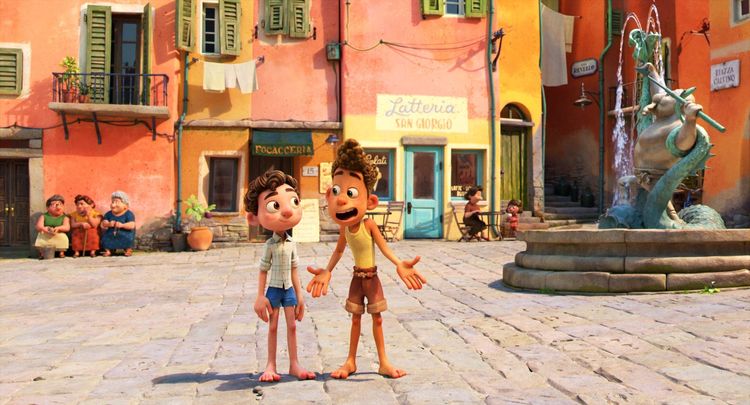
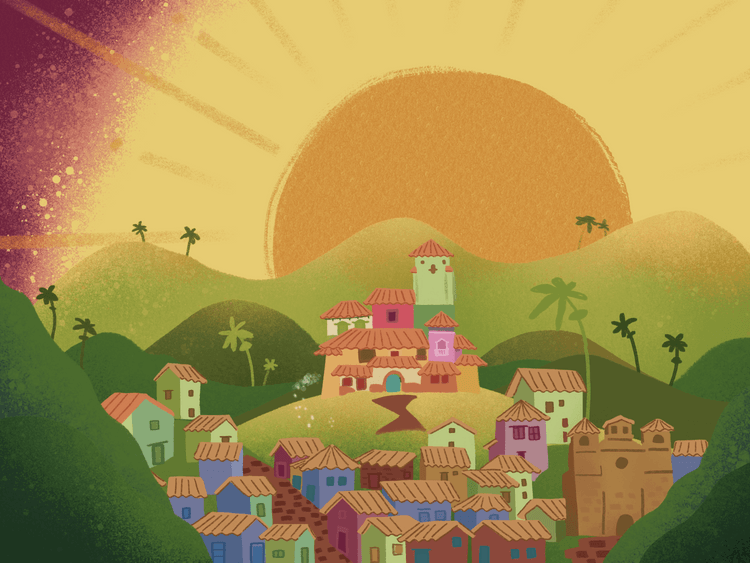
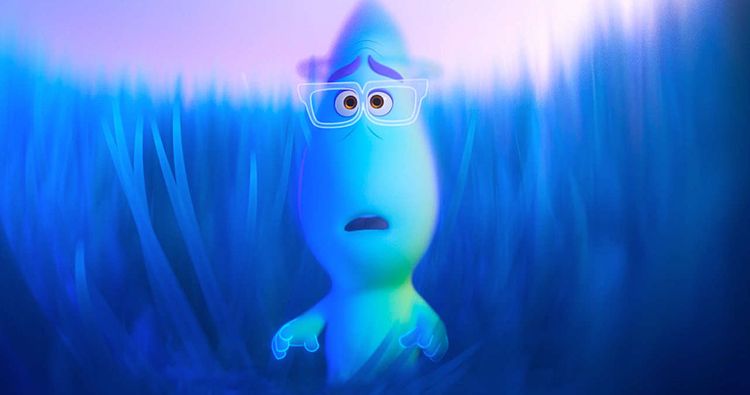

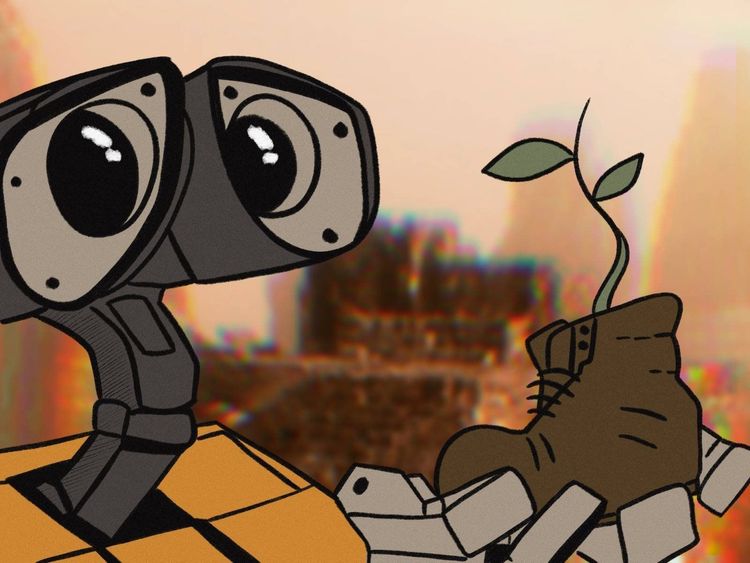
Member discussion